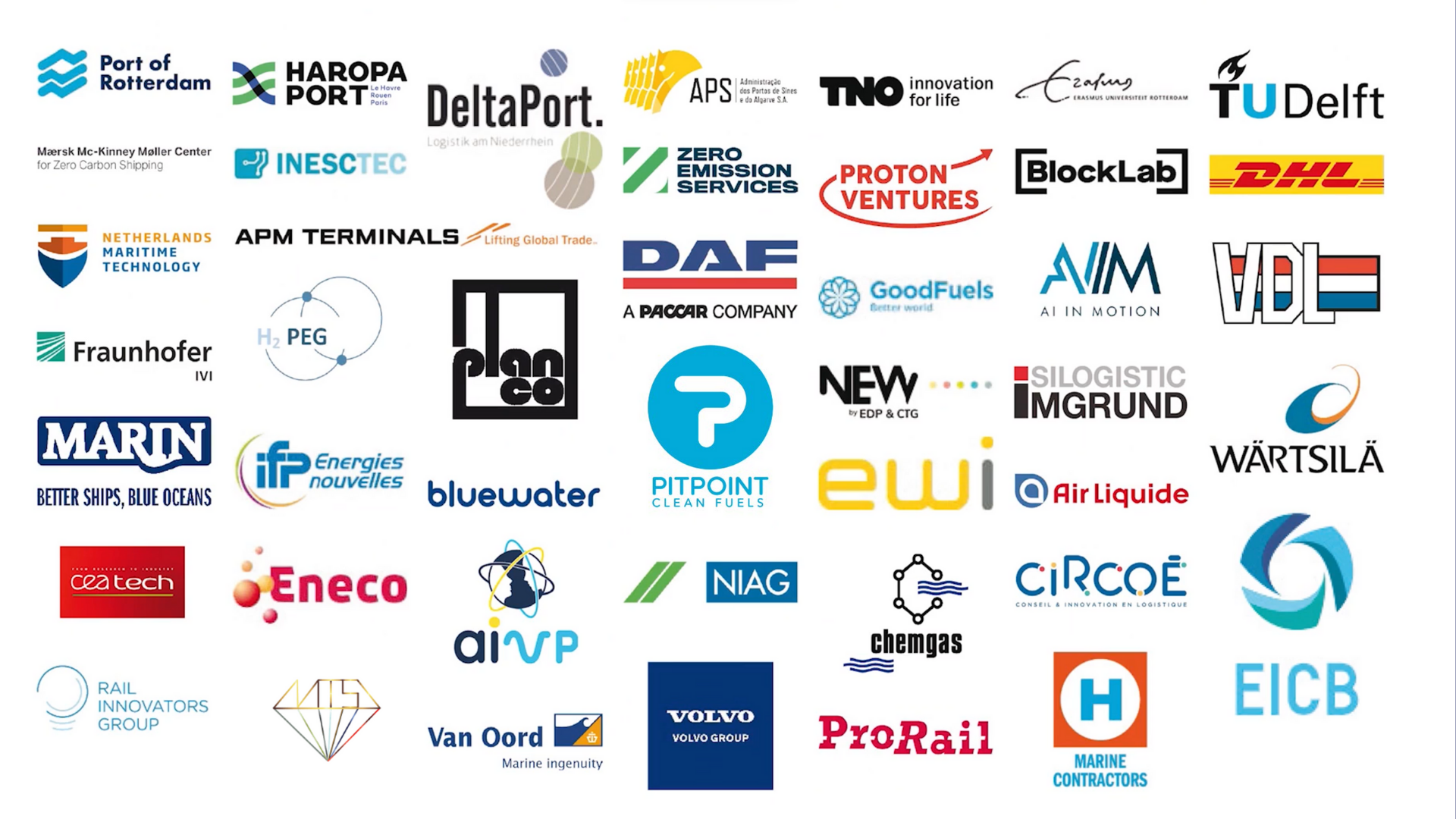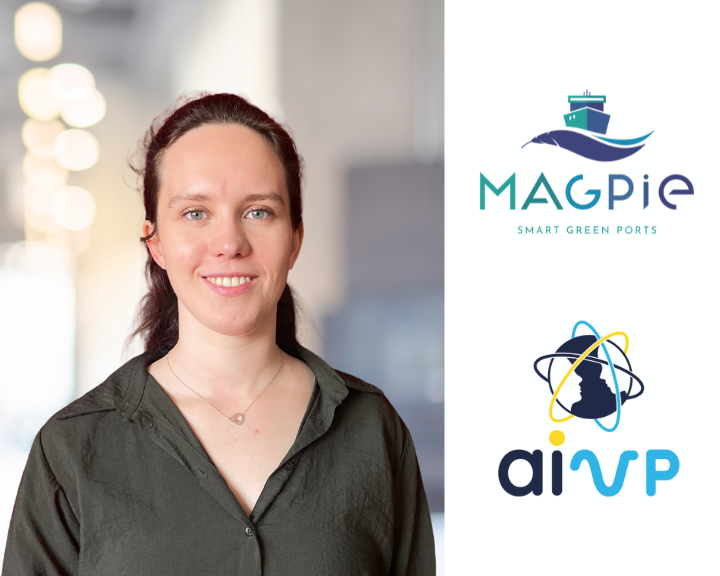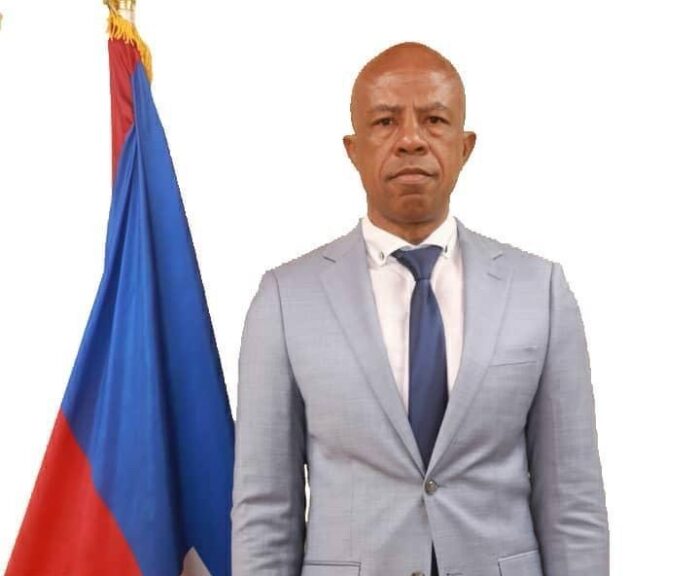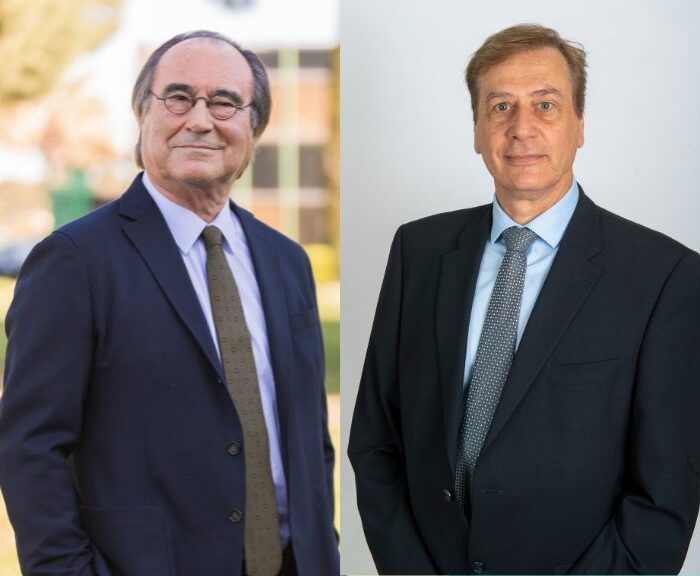What is the MAGPIE project?
The European MAGPIE (sMArt Green Ports as Integrated Efficient multimodal hubs) project is part of the strategy to green ports in line with the European Green Deal ambition to create a resource-efficient, net-zero emission continent by 2050. The MAGPIE project aims to support the decarbonization of port-related transport. To do this, the fellow ports, with the Port of Rotterdam as the lead, are testing various demonstrators that could help in finding and implementing alternative fuels and energy sources in different modes of transportation.
The project is scheduled to take place between 2021 and 2026. The MAGPIE project is funded by the European Commission through its Horizon 2020 programme.
Who are our main partners?
The MAGPIE Consortium is formed of 45 partners. These include the 4 ports that are currently hosting the demonstrators and will uptake them in the future. Other members of the consortium include actors from different sectors – transport, energy, and academia – jointly addressing the technological and non-tech questions and challenges linked to creating a smart green port.
The 4 ports are:
– Lighthouse port of the project: Port of Rotterdam (the Netherlands)
– HAROPA Port (France)
– Port of Sines (Portugal)
– Deltaport (Germany)
Our other partners include:

The MAGPIE project is also supported by an external stakeholder group from a variety of industrial and maritime sectors. These stakeholders provide input for the different demonstrations and can participate in the dissemination of the project’s results.
What is the AIVP’s role?
The MAGPIE project consists of ten work packages involving the testing and demonstration of technical and non-technological innovations. The AIVP is involved in 4 of these work packages.
Théo Fortin, Head of International Projects and cooperation at the AIVP, is the work package 2 leader, which focuses on communication, stakeholder engagement, and dissemination of the project’s results. The AIVP leads this work package and organizes newsletters, dissemination events, and workshops.
The AIVP is also involved in Work Packages 8, which focuses on monitoring and the impact evaluation of the demonstrators and tools, and 9, which focuses on elaborating the master plan for European green ports. The aim of the AIVP in both of these work packages is to ensure that the port-city relation and the citizens’ perspective on port projects are taken into account. For instance, in work package 8, the AIVP is focused on social acceptance and spatial impact. We also share good practices and knowledge from our international members to help enrich the Work Package 9. Lastly, the AIVP is also part of Work Package 10, which focuses on cooperation with other European and international projects.
What are the expected results?
The European Horizon 2020-funded MAGPIE project is focused on developing technological and non-technological solutions to decarbonise transportation in and around ports. The project has the ambition to force a breakthrough in the supply and use of green energy carriers in transport to, from and within ports.
Greening transport is one of the key objectives of the European Green Deal. Ports have a major role in increasing the uptake of green technologies, energy carriers, and logistics concepts in maritime transport, port operations and hinterland transport (road, rail, barge, and pipeline) to reduce GHG emissions.
By creating energy efficiencies and supporting developments that make green energy carriers available to the users, demonstrating and implementing smart solutions in the realm of digitalization and automation, and making these scalable to different ports, the project aims to support the greening of the ports. The MAGPIE project aims to develop a master plan for European Green Ports, a roadmap, and a handbook to accelerate the development of sustainable maritime and inland European ports by explaining the lessons learned in this project and explaining how to implement its innovations.





